Waste Not: Henkel North America Operations Sites Embrace Zero Production Waste to Landfill Initiative
Published 01-26-24
Submitted by Henkel
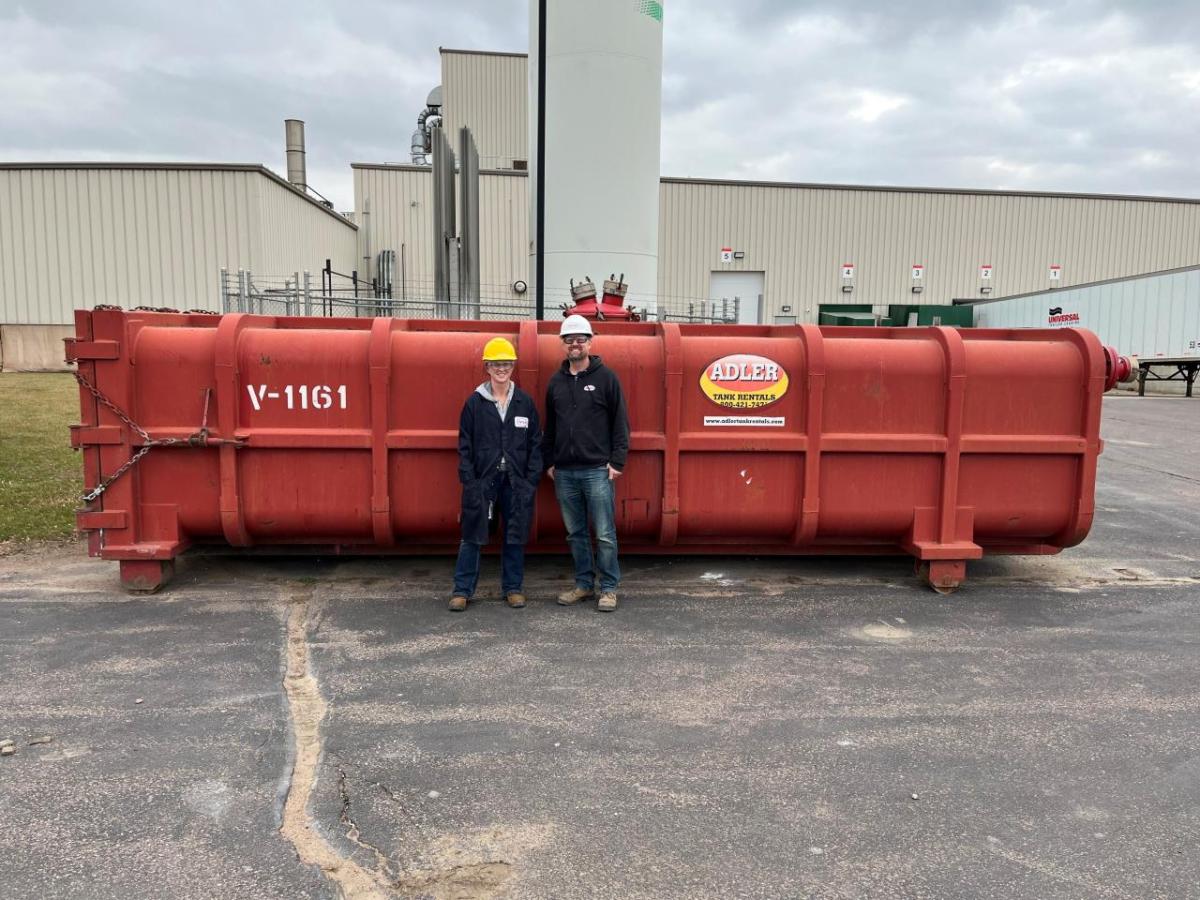
When it comes to sustainability, Henkel’s corporate vision provides the roadmap. But in many ways, the operations sites are where the rubber hits the road.
Waste is the largest contributor to the company’s overall sustainability footprint, making Zero Production Waste to Landfill a key component of Henkel’s 2030+ Sustainability Ambition Framework. Henkel’s operations teams are working toward an ambitious Zero Waste to Landfill target at all of their operations facilities.
“Zero Waste to Landfill means that our plants are preventing waste streams from reaching the landfill. This is achieved primarily by reducing from the source, reusing and recycling. Zero Waste to Landfill is a means to an end for Henkel to achieve complete waste circularity.”
-Dominique Haller, Manager, Sustainability & Environmental Performance – Henkel Adhesive Technologies North America
Waste circularity aims to keep materials in the supply chain through reuse, repurposing and high-quality recycling (where scrap materials are recycled into the same thing or upcycled into a higher-value process or product). At Henkel, that includes materials such as corrugated cardboard, plastics and other byproducts from the production process.
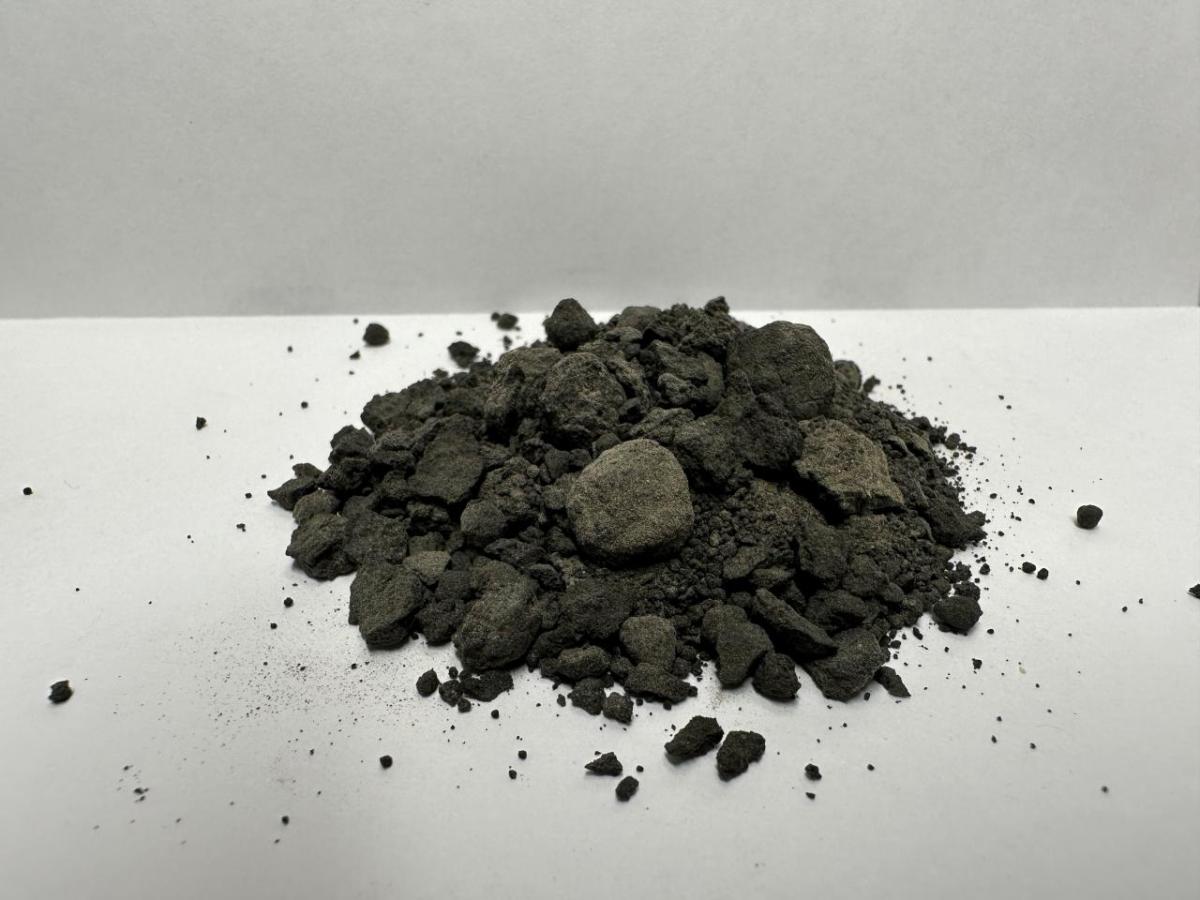
Conservation, Creativity & Teamwork
Across North America, production sites have found creative ways to reduce, reuse and recycle. For example, Henkel adhesives plants in Greenville and Enoree, South Carolina, donate used wooden pallets to Izzie’s Pond, a nonprofit that sells the pallets to help fund its wildlife rescue and rehabilitation activities.
The team in Mentor, Ohio, found a colorful way to reduce waste. Every time sealant colors are switched out on the packaging line, the first 40 to 50 tubes contain a mixture of the previous and the new color. Rather than scrapping this high-quality product, Henkel sells these non-standard colors at a lower cost for use in applications where the sealant is not visible.
After focusing on the Zero Production Waste to Landfill initiative at their own site, the team at Brandon, South Dakota, reached out to help a sister site reduce costs and focus on Zero Production Waste to Landfill efforts. Through a unique partnership, Henkel’s Cannon Falls, Minnesota, facility uses internal transportation to ship aluminum oxide to the Brandon facility, where it is re-routed to a cement kiln as a raw material ingredient.
Henkel works closely with waste management partners in the region and other partners to find suitable outlets for a variety of waste produced at its facilities.
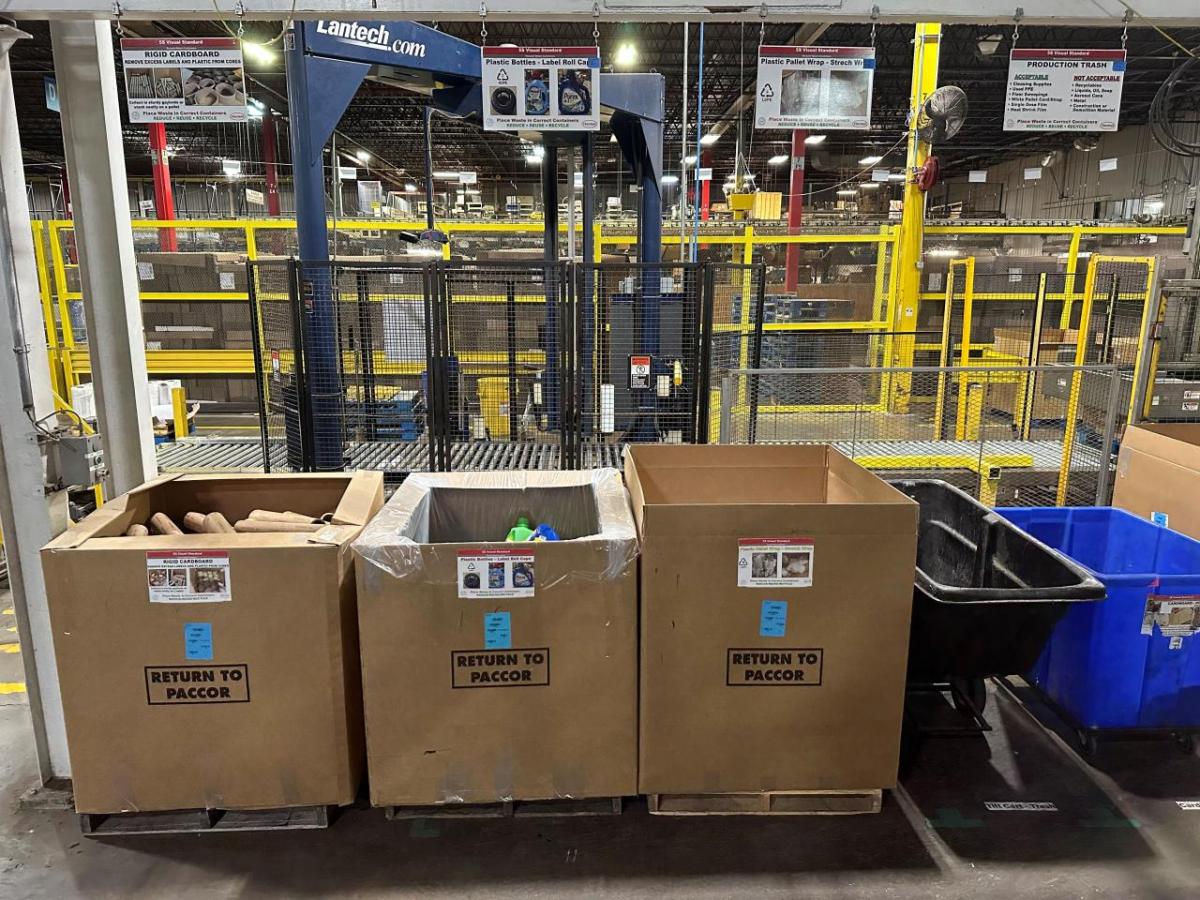
Cleaning Up Laundry Waste
In Bowling Green, Kentucky and St. Louis, Missouri, where laundry products are made, material that was once destined to clean and soften clothes eventually finds new life in buildings and roads.
Working with a waste management and processing partner, the St. Louis plant was able to qualify its production waste as green waste, so it could be burned in a cement kiln. The process creates “clinker,” a small, rock-like byproduct that is the first stage of cement manufacturing. The clinker is further processed to be 100% converted to cement. This company also routes the plant’s liquid detergent waste, using it as a raw material to make industrial cleaning products such as floor washer and commercial car wash soaps.
Internal recycling practices, including department-specific, color-coded recycling stations at the point of use, also play a key role in helping the plants work towards Zero Production Waste to Landfill.
“We’re shrinking trash volume every day. We started by getting recyclable materials out of the trash and sorting at the point of generation. Today, virtually all of our trash is going to a cement kiln or compost site.” -Gary Deck, Safety Health and Environment Manager at Henkel’s St. Louis plant
Following the lead of the St. Louis plant, Bowling Green began working with the same waste management partner to recycle 60-70% of its laundry detergent and fabric softener sheet waste in the cement-making process. Approximately 7,000 tons of trash have been diverted from landfills since the Zero Waste to Landfill initiative began at Bowling Green in December 2020.
“Burying trash at landfills is not a sustainable way to dispose of something, so Zero Waste to Landfill was one of the first major goals we set out to attain,” says Bryan Dickey, Environmental Engineer at Bowling Green. “There are many better outlets out there to manage waste.”
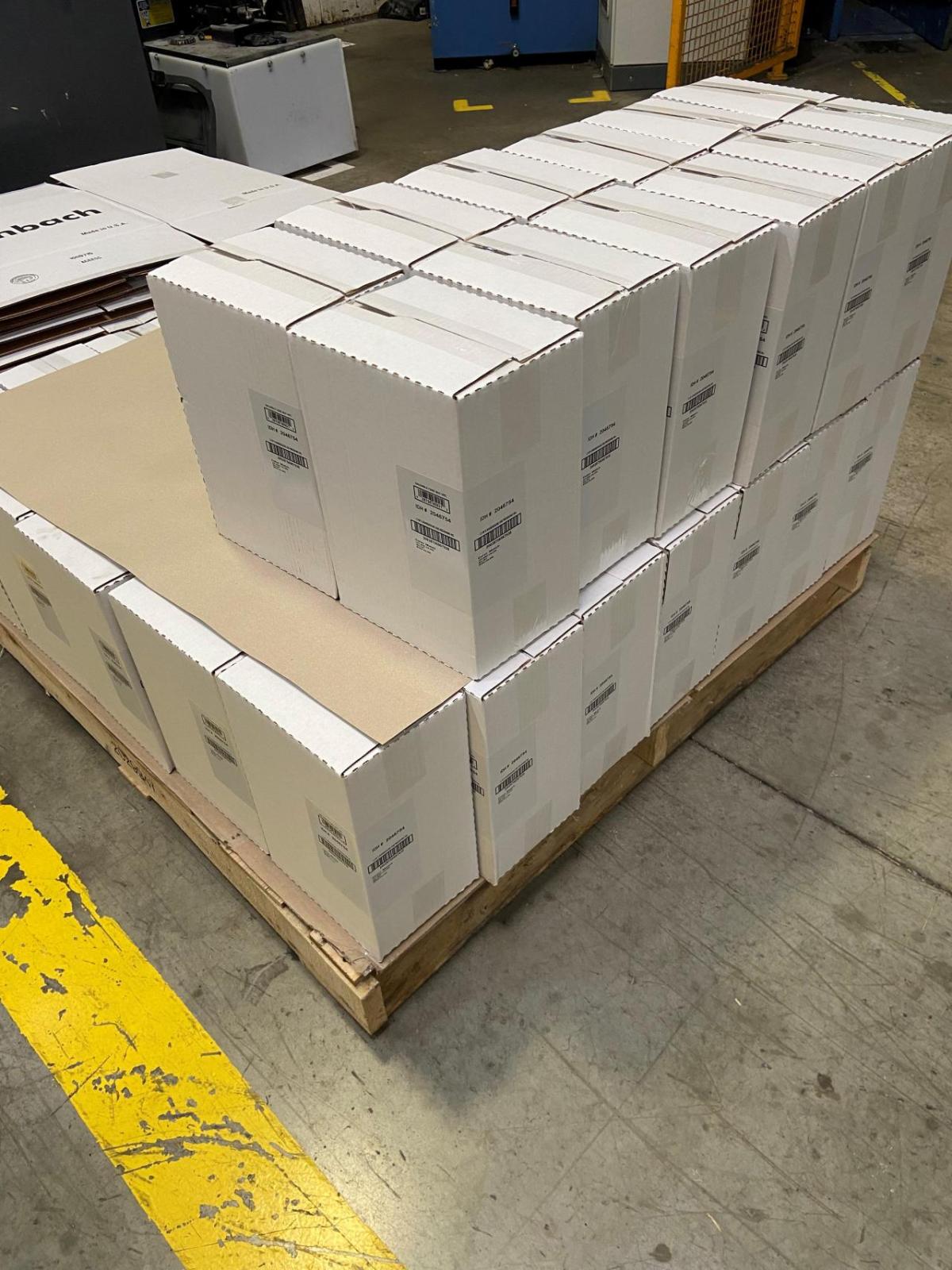
Next Stop: Zero Waste
Henkel North America is making significant progress towards a goal of Zero Production Waste to Landfill across the region. But the work doesn’t end there. The company will continue to look for ways to further minimize its impact on the planet — and that’s something employees and many Henkel customers are proud to support.
“Zero Waste to Landfill costs more, but it’s the right thing to do,” says Deck. “I’m proud to work for a company that is thinking about how we can protect the planet for our kids and grandkids.”
His colleague in Bowling Green agrees:
“To consumers like me, it provides a little more satisfaction and comfort to know we’re buying a product from a company that cares about the environment and is taking the needs of future generations into consideration.”
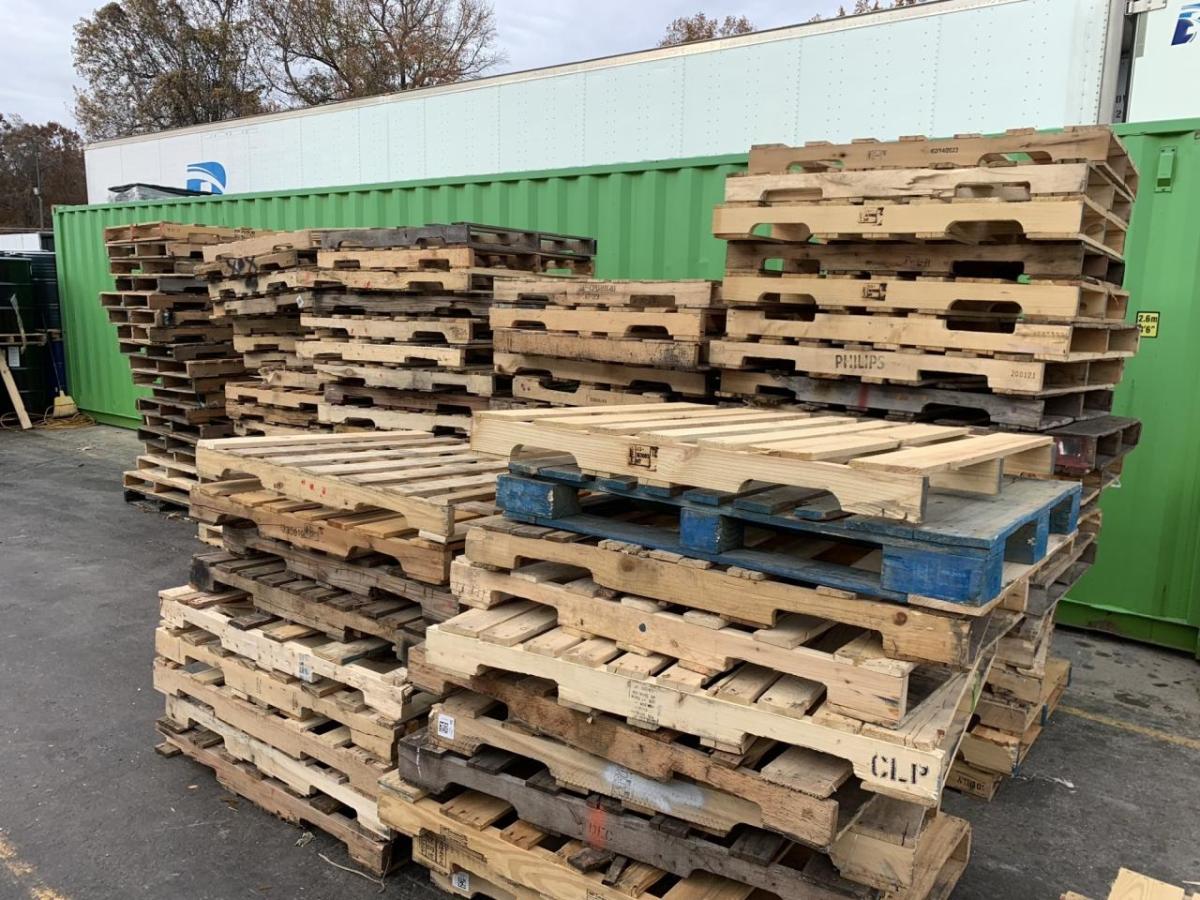
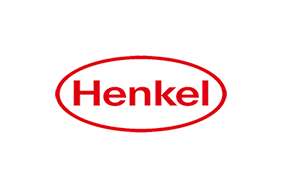
Henkel
Henkel
About Henkel in North America
Henkel’s portfolio of well-known brands in North America includes Dial® soaps, Persil® and all® laundry detergents, Snuggle® fabric softeners, Schwarzkopf® hair care, as well as Loctite®, OSI®, Technomelt® and Bonderite® adhesives. With sales close to 6.6 billion US dollars (6 billion euros) in 2023, North America accounts for 28 percent of the company’s global sales. Henkel employs around 8,000 people across the U.S., Canada and Puerto Rico. For more information, please visit http://www.henkel-northamerica.com and on X (Twitter) @Henkel_NA.
About Henkel
With its brands, innovations and technologies, Henkel holds leading market positions worldwide in the industrial and consumer businesses. The business unit Adhesive Technologies is the global leader in the market for adhesives, sealants and functional coatings. With Consumer Brands, the company holds leading positions especially in laundry & home care and hair in many markets and categories around the world. The company's three strongest brands are Loctite, Persil and Schwarzkopf. In fiscal 2023, Henkel reported sales of more than 21.5 billion euros and adjusted operating profit of around 2.6 billion euros. Henkel’s preferred shares are listed in the German stock index DAX. Sustainability has a long tradition at Henkel, and the company has a clear sustainability strategy with specific targets. Henkel was founded in 1876 and today employs a diverse team of about 48,000 people worldwide – united by a strong corporate culture, shared values and a common purpose: "Pioneers at heart for the good of generations.” More information at www.henkel.com.
More from Henkel

